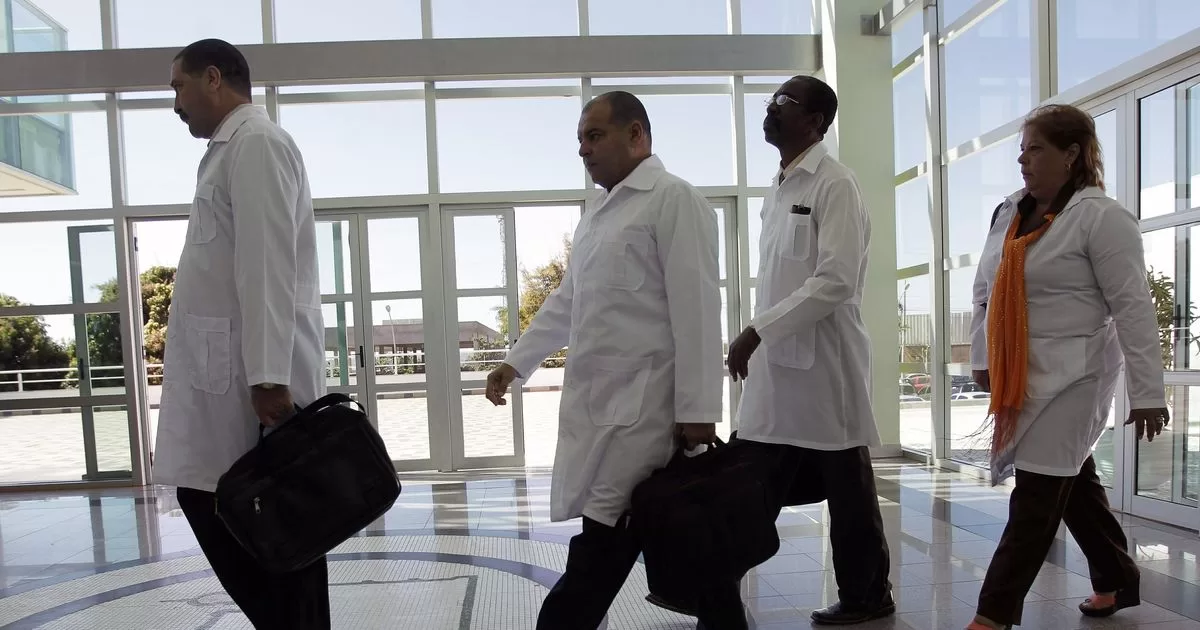Dortmund.
What some consider a locational disadvantage can actually be an opportunity, says expert Martina Brandt: The Ruhr area is aging quickly and early.
The people in the area are older than those in other regions of the country, the age group over 60 has long been the largest here. In 2020, every second person in Herdecke was already over 51.7 years old. Even in larger cities such as Dortmund (43.5), Essen (44.4), Duisburg or Bochum (44.9), the “median age” is well above Düsseldorf (42.2) or Cologne (40.8). Some call the “ageing” of the area a “terrible scenario”, for others it is a unique opportunity. Prof. Martina Brandt holds the chair for “Social Structure and Sociology of Aging Societies” at the TU Dortmund and heads the commission that is currently preparing the 9th report on the aging of the federal government. In an interview, the social scientist explains the opportunities and risks of demographic change in the area.
We are getting fewer and older, everywhere in Germany. In a comparison of the federal states, however, NRW is younger than the average – the Ruhr area, on the other hand, is significantly older. Why is that?
Brandt:The Ruhr area is aging faster and more colorfully than the rest of Germany. This can be explained historically: With the coal and steel industry, the population in the Ruhr area exploded by the mid-1960s – by a factor of 26, from 220,000 at the beginning of the 19th century to almost 5.7 million in the largest German conurbation. As coal and steel disappeared, fewer younger people followed. What is happening now can also be interpreted as a “correction” to a certain extent. And that’s not such bad news…
Who will take care of the very old “baby boomers”?
But nurses are already rare. Older people are fitter than they used to be, but many will still need help. Who will look after the elderly baby boomers, the strong generation of the 50s/60s, when they can no longer do it on their own? Parallel to the increase in the aging population, the proportion of younger people, of those in employment, is falling…
We’re getting older than we used to be, and we’re staying healthier longer, yes. I think that’s a great achievement – although most will actually need help at some point. We have to adapt together: change the conditions in care drastically, there is still huge potential; take full advantage of technical advances in this sector in particular; focus on civic engagement. Why not use the years of life gained to help out? Which is not to say that in old age nobody can sit comfortably in front of the television … We should also rethink the retirement age. If you want to work longer, you should be allowed and able to work longer. Employers will come up with some ideas to keep skilled workers in the future, including in care.
The descendants of the immigrants can help us
What social and political challenges does demographic change bring with it beyond the issue of care?
One sticking point is definitely the pension. Pay-as-you-go financing is not the only conceivable model. We need a flexible, breathing, demographics-sensitive system. Because when the baby boomers are in the past, we will face other challenges again. In addition, work and care must be better compatible in the future, we need flexible life cycle-specific working hours. Another key issue will be housing in old age. There is far too little barrier-free living space. Which, by the way, also benefits families with children or people with disabilities. We need to build more circular, modular in the future.
In the future, more immigrants with a migration background, people from other cultures, will reach retirement age. Maybe more queer too. Are we prepared for this?
Good question. This is new territory for us, especially when it comes to the growing number of older people with a migration background. And diversity-sensitive care is a very important topic. However, the descendants of the immigrants can help us, they know the special needs and the expectations that their parents or grandparents have of care in old age. At the TU Dortmund we have a lot of students with a migration background who deal with exactly these questions, develop suitable concepts – and we learn something new every day.
“Ageing is a word I don’t use”
The demographic change in the area is not only a cause for concern for you, but also an opportunity. How can the area turn its aging into a locational advantage?
“Aging” is a word I don’t use – there is no right or wrong age structure. One thing is certain: the Ruhr area is aging earlier and faster than other regions. Here the future development can be observed as if under a magnifying glass. That’s why we can be a model region. Others are already learning from our experiences. Many great projects and social innovations have been launched here…
Which? Please give a few examples.
In Dortmund alone there are many impressive things, generation projects in the area of housing, such as “WohnreWir” at Tremoniapark. Or the senior citizens’ offices, which coordinate the care of the elderly on site, advise in the district on all questions relating to the topic – and are taken for example throughout Germany. Another really great project is Zwar (Der Association “Between work and retirement”, the editor) . The first group was formed shortly before the Hoesch factory was shut down – to catch the laid-off workers. Today there are 300 such networks in 80 municipalities in North Rhine-Westphalia. Our master’s program “Ageing Societies” is also a role model, just like ours “Senior Studies” at the TU Dortmundwhich explicitly invites older people to further education and social participation, even without a high school diploma, where they learn to shape this phase of life in a self-determined manner.
Age is no longer just “remaining life time”
That sounds impressive indeed.
We don’t have to sugarcoat everything, there is clearly a need for action. But we must not become paralyzed or only see the future negatively. We just have to tackle it now, take responsibility and adapt to the circumstances – that’s society.
Seeing the Ruhr area as a “prototype” of demographic change, boasting about one’s age, being so focused on caring for the elderly: doesn’t that also entail risks? Shouldn’t we try to get more young people enthusiastic about the Ruhr area again?
It’s not an either/or, and you shouldn’t play young and old off against each other. And old age is not a “remaining lifetime”. Today it is a long phase in which a lot of productivity is still possible. The rigid “education-work-pension” model has had its day, there is a lot in between. The population is always changing. The credo is to make politics sensitive to demographics. And maybe we can just be happy that we – young and old – are living longer.
More articles from this category can be found here: Rhine and Ruhr



